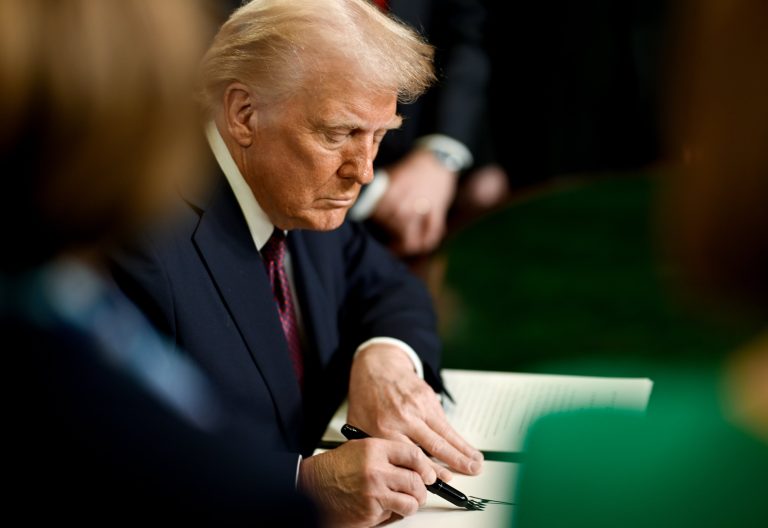Kenya braces for Trump’s rewards, penalties style

Earlier this month, my lecturer Dr Apollonius Kembu explained how the United States has historically exhibited transformational leadership globally. Transformational leadership, introduced by James V. Downton in 1973 in his book Rebel Leadership: Commitment and Charisma in the Revolutionary Process, focuses on changing people’s values and goals, unlike the transactional approach based on rewards and punishments.
Since Donald Trump’s return to the White House in January, US leadership has shifted from transformational to transactional, particularly regarding international affairs. With the Trump administration signalling renewed trade talks with Kenya, Kenyan negotiators must prepare for a purely transactional approach centred on American interests.
The world is witnessing a significant shift toward a new global order with Trump’s return to power. His leadership has reintroduced unilateralism and protectionism, departing from the multilateralism of previous administrations. Instead of fostering global consensus, we see the resurgence of tariffs, quotas, and coercive negotiation tactics.
These protectionist policies will profoundly impact Kenya’s trade negotiations with the US. It remains unclear whether Trump will continue Biden’s Strategic Trade and Investment Partnership (STIP) or revive the Free Trade Agreement (FTA) from his first term. Under Trump’s “America First” policy, STIP will likely be abandoned in favour of a modified FTA.
One potential issue during negotiations is Kenya’s tax system. If Kenya’s plan to impose a minimum tax on multinational companies is perceived as discriminatory, the US could retaliate with reciprocal tariffs, as Trump has directed officials to investigate foreign nations’ taxation of US entities.
Kenya must anticipate being pressured into making concessions that may not favour its long-term economic interests. The US might demand policy adjustments to secure a trade agreement, and Nairobi must prepare for this reality.
Trade negotiations under Trump will follow his priorities. If Kenya isn’t viewed as strategically important, negotiations may stall. Should talks proceed, they will differ significantly from Biden’s multilateral approach, as Trump favours bilateral deals prioritising American business interests.
However, Kenya’s geopolitical importance could work to its advantage. If Trump aims to counter China’s growing influence in Africa, he may offer more attractive trade terms in exchange for Kenya reducing its reliance on Chinese investments, particularly in Belt and Road Initiative projects. Conversely, if Trump deems Africa insignificant, meaningful engagement may not materialise.
Under Trump, Kenya could face higher tariffs and stricter rules protecting US industries. Trump may also pressure Kenya to reduce Chinese involvement in its economy.
With Trump having previously withdrawn from the Paris Climate Agreement, future trade negotiations are unlikely to prioritise sustainability or human rights, focusing instead on US economic benefits.
In this time of global uncertainty, Kenya must build diverse partnerships promoting economic independence, reduce reliance on traditional donors, and ensure sustainable growth. Pragmatic, mutually beneficial relationships should drive Kenya’s future international engagements.
The writer is Journalist and a Communication Consultant














